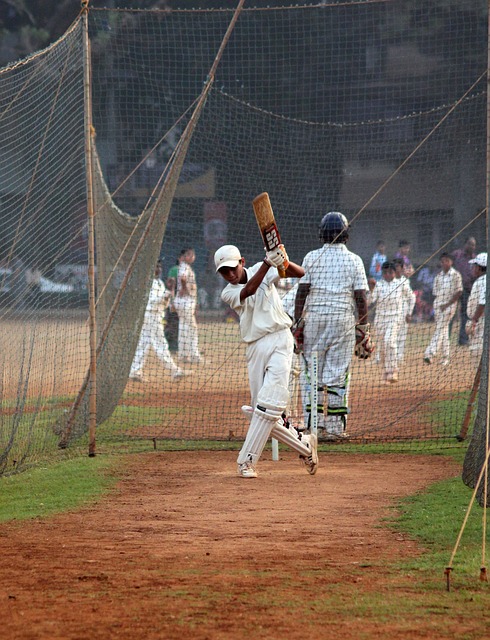Cricket and Global Economic Engagement: The Sport’s Role in International Relations
Lotus365, Gold365: Cricket originated in England in the 16th century and has since evolved into a globally popular sport with a rich history. The sport’s early beginnings were informal, with matches played in villages and between local teams. Over time, formal rules were established, leading to the creation of the first-ever cricket club in the 18th century, paving the way for the organized structure and competitive nature of the game that we see today.
Throughout its history, cricket has undergone several transformations, including the transition from a leisurely pastime to a professional sport played at international levels. The sport’s evolution has been marked by technical advancements, such as the introduction of protective gear and changes in playing techniques. Additionally, the expansion of cricket beyond its English roots into countries like India, Australia, and the West Indies has contributed to its diverse and global appeal.
Cricket as a Cultural Diplomacy Tool
Cricket has long been utilized as a cultural diplomacy tool, transcending borders and fostering camaraderie among nations. The sport’s ability to bring together individuals from diverse backgrounds under the common love for the game has been instrumental in promoting cross-cultural understanding and goodwill on a global scale. Through friendly matches, tournaments, and exchanges, cricket has proven to be a powerful medium for building bridges between countries with differing ideologies and fostering diplomatic relations based on mutual respect and sportsmanship.
Furthermore, the shared passion for cricket has facilitated people-to-people interactions and exchanges, breaking down barriers and fostering a sense of unity among nations. The sport’s ability to capture the hearts of millions across the world has allowed it to serve as a common language that transcends linguistic, cultural, and political differences. By promoting cultural exchanges and fostering connections through cricket, nations have been able to enhance their diplomatic ties and promote peaceful coexistence in a world often divided by geopolitical tensions.
• Cricket has been utilized as a cultural diplomacy tool to foster camaraderie among nations
• The sport brings together individuals from diverse backgrounds under the common love for the game
• Friendly matches, tournaments, and exchanges have promoted cross-cultural understanding and goodwill on a global scale
• Cricket serves as a powerful medium for building bridges between countries with differing ideologies
• Shared passion for cricket facilitates people-to-people interactions and exchanges, breaking down barriers and fostering unity among nations
The Economic Impact of Cricket on Global Markets
Cricket, with its massive fan base and global reach, has become a significant driver of economic activity in various markets. The sport’s influence extends beyond the playing field, creating opportunities for businesses and investors to capitalize on its popularity. From broadcasting rights to sponsorships and merchandise sales, cricket has proven to be a lucrative industry with far-reaching economic implications.
The hosting of international cricket tournaments, such as the ICC World Cup, not only boosts tourism and local economies in the host countries but also stimulates trade and investment on a broader scale. The influx of spectators, media coverage, and influx of foreign visitors all contribute to the significant economic impact of cricket on global markets. Additionally, the sponsorship deals and endorsements associated with top cricket teams and players contribute further to the sport’s economic significance on a global scale.
What is the history of cricket?
Cricket originated in England in the 16th century and has since evolved into a popular sport played in many countries around the world.
How has cricket evolved over the years?
Cricket has evolved from a traditional test match format to include shorter formats like One Day Internationals (ODIs) and Twenty20 (T20) matches, which have increased the popularity of the sport.
How does cricket serve as a cultural diplomacy tool?
Cricket brings people from different countries together to compete in a friendly manner, promoting cultural exchange and understanding between nations.
What is the economic impact of cricket on global markets?
Cricket has a significant economic impact on global markets through revenue generated from broadcasting rights, sponsorships, ticket sales, merchandise, and tourism related to cricket events. It also creates employment opportunities in various sectors associated with the sport.







